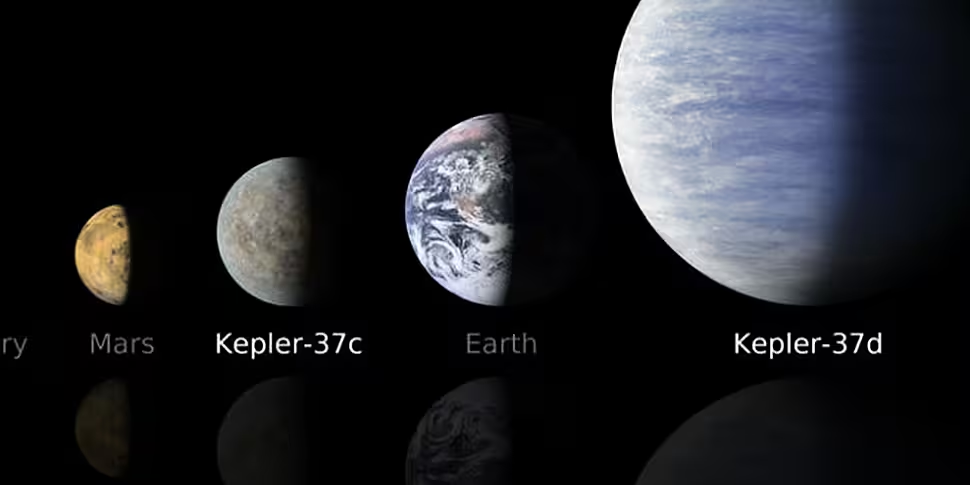An international team of astronomers working with NASA's Kepler telescope has confirmed the discovery of over 100 new planets.
According to officials at NASA, two of these planets are “too hot to support life as we know" but two others are "in the star’s ‘habitable’ zone, where liquid water could exist on the surface".
Scientists have confirmed 104 planets outside our solar system all between 20 and 50 percent larger than Earth.
They are orbiting a single dwarf star in the direction of the Aquarius constellation.
Discovery: 100+ new planets around distant stars, one w/ 4 possible rocky worlds https://t.co/2eTW4F6B18 @NASAKepler pic.twitter.com/9hQtB4eKWc
— NASA (@NASA) July 18, 2016
Among the confirmed is a planetary system comprising four promising planets that could be rocky.
Both Kepler and its K2 mission discover new planets by measuring the subtle dip in a star's brightness caused by a planet passing in front of its star.
In its initial mission, Kepler surveyed just one patch of sky in the northern hemisphere, determining the frequency of planets whose size and temperature might be similar to Earth orbiting stars similar to our sun.
In 2013, it lost its ability to precisely stare at its original target area. It was subsequently fixed and the telescope began its so called 'K2' mission.
Because it covers more of the sky, the K2 mission is capable of observing a larger amount of dwarf type stars.
Since Kepler and K2 began, they have made a combined discovery of over 2000 confirmed exoplanets (planets which orbit a star outside of the solar system.)
Steve Howell, project scientist for Kepler and K2, said: “This bountiful list of validated exoplanets from the K2 mission highlights the fact that the targeted examination of bright stars and nearby stars along the ecliptic is providing many interesting new planets."









